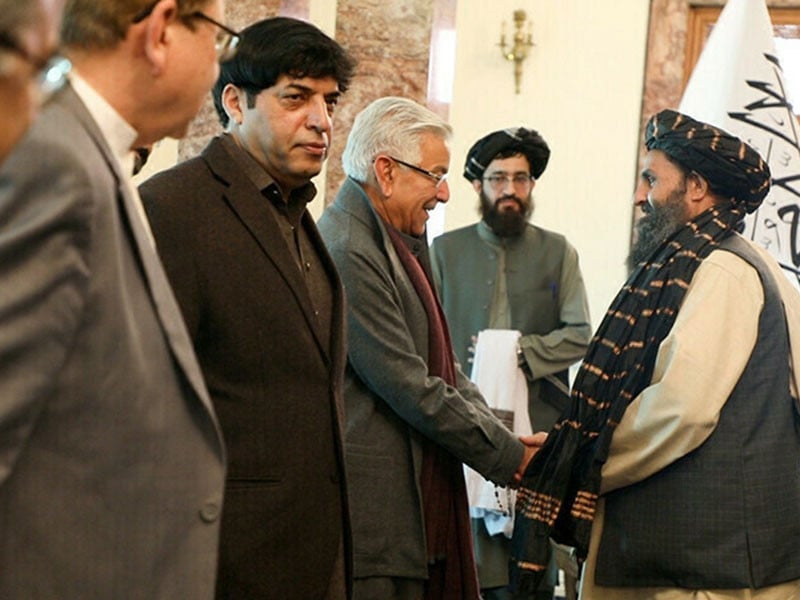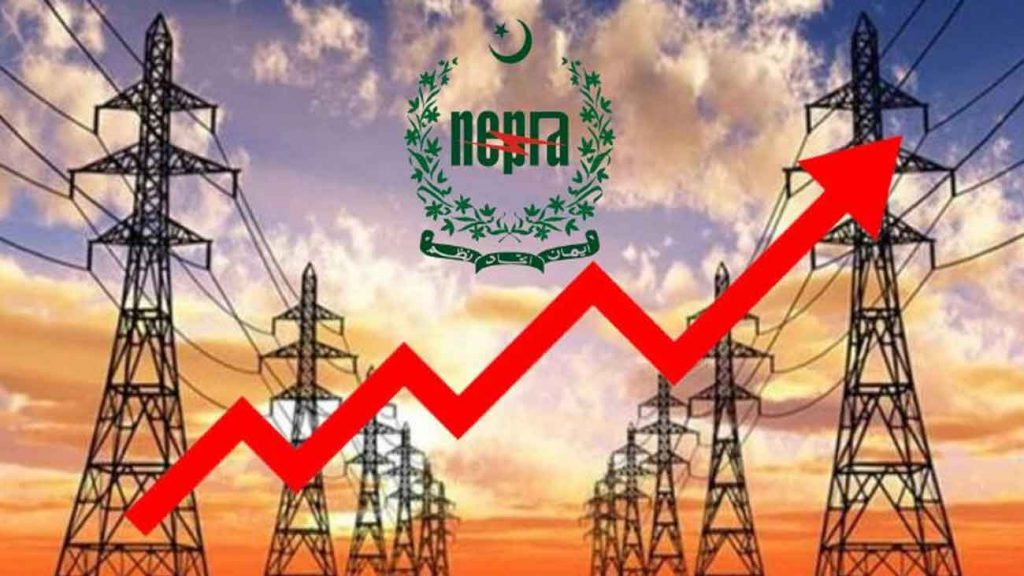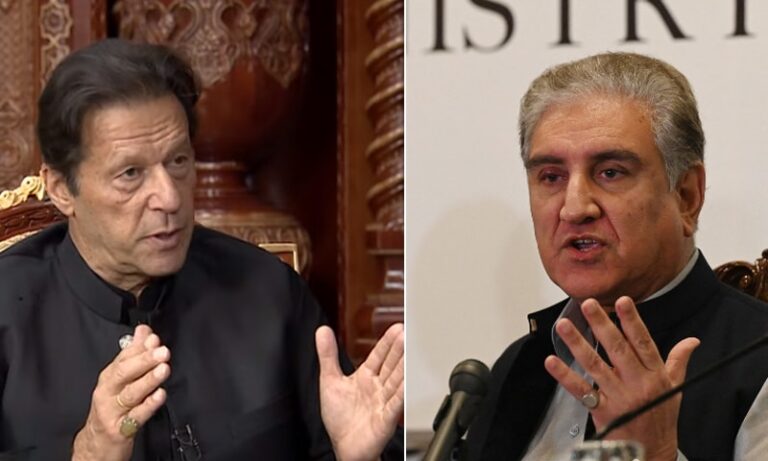Editorial
Eight principles of good governance
Citing the United Nations Economic and Social Commission for Asia and the Pacific (UNESCAP), the concept of good governance has eight principles.
1. Participation
Participation in the concept of good governance here is an opportunity for everyone to voice their opinions through institutions or representations. In addition, everyone, without exception, has the right to freedom of association and expression.
2. Rule of law
To implement good governance, the legal framework in the country must be enforced impartially, especially concerning human rights law.
3. Transparency
Transparency means that every policy taken and implemented by the government must be carried out under existing regulations. In addition, there must be a guarantee that any information related to the policy can be accessed by everyone, especially those who are directly affected by the policy.
4. Responsiveness
Good governance needs institutions and processes to attempt to serve all stakeholders within a reasonable time.
5. Consensus oriented
This fifth principle is related to the decision-making process. When the decision-making process cannot accommodate everyone’s wishes, then at a minimum, the decision must be a decision that can be accepted by everyone and does not harm anyone.
6. Equity and inclusiveness
Good governance ensures justice for the community. Everyone has the same opportunity to maintain and improve their welfare.
7. Effectiveness and efficiency
Every decision-making process and its institutions must be able to produce decisions that meet every community’s needs. Community resources must also be utilised optimally by the government.
8. Accountability
All institutions involved in good governance have full responsibility to the public to improve society’s quality.
Now that we are all presented with an overall understanding of good governance and its principles let’s talk about how it’s harnessed at the local level and how the role of local governments is especially crucial for a city’s development.
The quality of governance is easily dissectable if these canons are applied to the governance model of Pakistan. Our governance system is colonial and does not represent the people’s will. It is autocratically undemocratic. It is non-participatory. The biggest challenge to good governance in Pakistan is the non-implementation of the rule of law. Pakistan is inherently a class-ridden administrative society; therefore, the rule of law has always been a distant dream. If there is no rule of law, there is no transparency.
The state and society of Pakistan are without functional institutions. Then, nepotistic administrative regimes are rampant among administrative corridors of power—this organizational and political culture is bereft of the fundamental compositions of good governance. Organizational, political, and social accountability by the state and society are indispensable for good governance.

















































